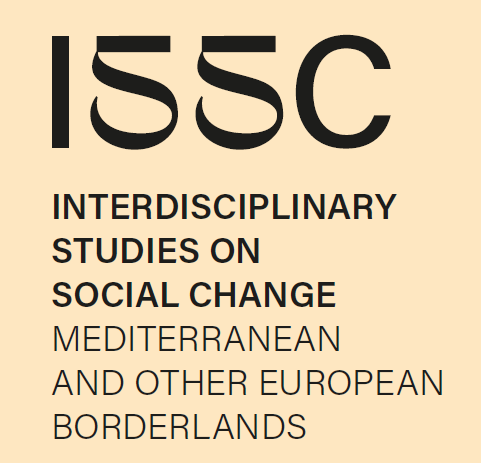The ISSC programme offers an interdisciplinary approach to sociocultural issues, social change and challenges of the modern world, including global and local conflicts, migrations, climate change, demographic crises, or economic inequalities, focusing on European borderlands. It provides students with a variety of research methods in humanities and social sciences, giving insights into political systems, contemporary culture, social movements, borderland societies, cultural and linguistic diversity. Apart from broad humanistic knowledge and expertise in the historical and contemporary social change, the programme offers a chance to develop practical competence in intercultural communication, collecting and processing of data, as well as planning and conducting research. It helps understand the most pressing social issues and challenges that we are facing today.
The programme has been designed and taught by professors and researchers at the Faculty of „Artes Liberales” and the Centre of Migration Research.
One of the great liabilities of history is that all too many people fail to remain awake through great periods of social change.
Martin Luther King, Jr.
The programme offers:
- in-depth knowledge of the key theories and concepts of social sciences and cultural studies
- development of cultural awareness and critical thinking
- students’ participation in academic research
- an interdisciplinary approach
- a variety of research methods in cultural studies and social sciences (sociology, politics, economy)
The programme is characterised by a highly individualised approach; it is shaped by the students, who are able to choose among seminars, lectures, and workshops offered each semester. This allows each student to create a programme and an academic schedule tailored to meet their individual interests and needs.
Types of classes:
- research seminars
- workshops (methods of cultural studies and methods of social sciences)
- monographic seminars (in-depth study within one discipline)
- seminars on culture of a selected region
See details of the programme
- for students commencing their studies in year 2023/2024 and 2024/2025
- for students commencing their studies in year 2025/2026
Main themes of studies:
- state – sovereignty – institutions: models of sovereign authority, national state, population management, globalization, institutions
- social change and identity: social movements, revolutions, wars, postmodern condition, post-colonialism, religion, liberalism and individualism
- risks and crises: historical and contemporary crises, risks and conflicts
- challenges of the present and the future: climate catastrophe, mass global and local migrations, the authority of science in the culture of post-truth, quality of democracy, new social movements, hybrid wars, global threats to public health, precarization, work automation, digitization, demographic aging, social inequalities
- lessons from the past: ancient and modern patterns of politics, society and individuals, revolutions and social changes, the role of knowledge and philosophy, all presented particularly in the context of borderland societies: Central and Eastern Europe and the Mediterranean countries
A graduate of the ISSC programme is characterised by:
- broad humanistic knowledge: the basics of social science and high level of skills in an interdisciplinary approach to cultural and social issues
- intercultural communication: teamwork in an international environment, creativity, the ability to learn efficiently, presenting ideas and views in speech and writing
- linguistic competence: reading and speaking fluently in English, both in the professional and academic contexts; academic writing skills
- collecting, interpreting and visualizing various types of data: Big Data, data on complex social phenomena like crises and identity issues, migration, inequalities and demographic changes
- useful academic and practical competences: the ability to plan, prepare and implement a research process; the ability to process and visualize data in an innovative manner
The programme is tailor-made for those interested in pursuing their careers in a variety of social and cultural institutions, both state and non-governmental organisations (NGOs), as culture animators, educators, journalists, intercultural communication or media relations specialists, as well as those who would like to continue their academic research on migrations and social change.

